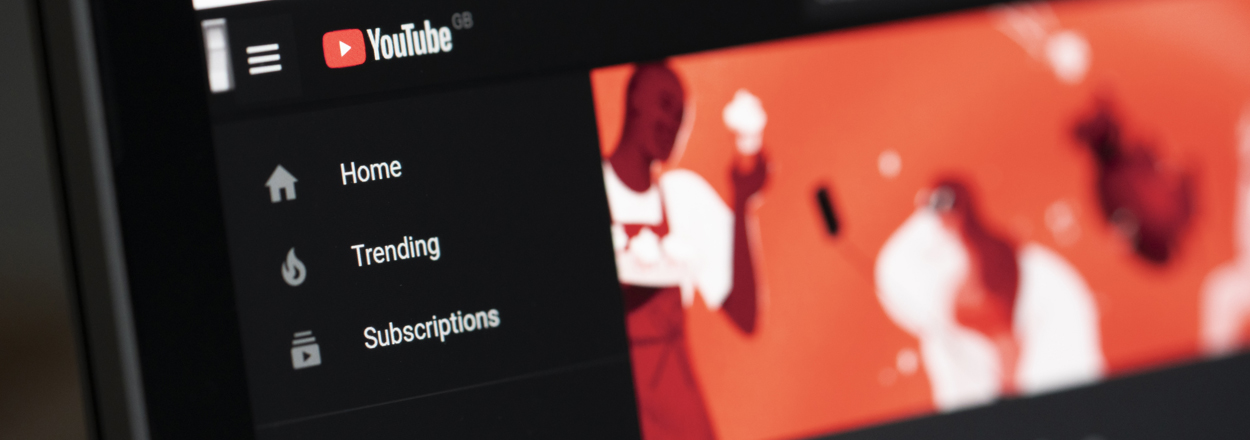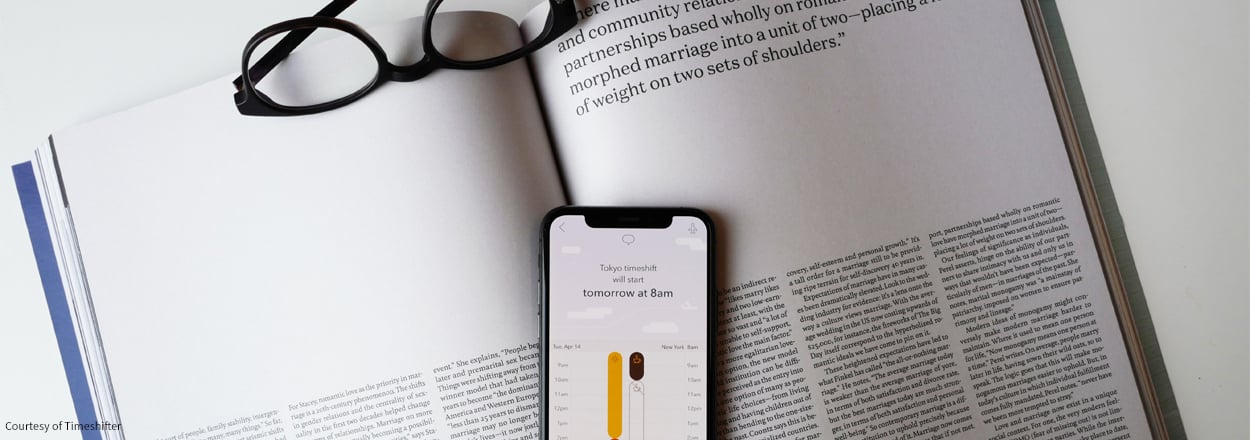The best travel advisors do their utmost to ensure their clients stay safe while traveling. Historically this has meant ensuring travelers have all the right documents or verifying a hotel’s allergen-free menu options. Today, it’s wise to add another safeguard: data security.
Virtual private networks, or VPNs, are an easy way for travelers to protect their online data when they are surfing the web or accessing online services, especially during international trips. And they’re not just for the business set — they might help keep the peace during family trips, too. Here’s how.
How it works
A VPN offers users a secret, encrypted connection to the internet, meaning anything a person does online won’t be visible to anyone else. This is why they are widely used in corporate environments.
According to Dave Dean, editor of travel tech site Too Many Adapters, VPN technology has been around for decades, initially pioneered by multinationals seeking a secure way for global employees to connect. Since then, it has evolved as a way for international jet-setters to keep their data safe.
“You’re more likely to use insecure public Wi-Fi while traveling, and it was easy for hackers to view personal data as it moved, unencrypted, over that network,” explains Dean. “That’s less of an issue now thanks to the widespread switch to secure websites [indicated by the URL prefix ‘https’] — although it’s not gone entirely. These days, travelers are more likely to use VPNs to avoid local internet censorship. It also offers a good way to keep travelers connected to their bank at home, as some overly sensitive banking websites lock users out when they’re accessed from overseas.”
Today, travelers often use VPNs for a less crucial reason, too: to keep up with their binge watching.
“U.S. travelers often find their favorite shows are unavailable on international versions of Netflix or other streaming services due to licensing agreements,” says Dean. A VPN offers a nice workaround, so travelers can stream as they typically would.
The right time and place
Installing a VPN in your home country before you leave is essential. “If you’re traveling to a destination with a history of internet censorship, be sure to install your VPN before leaving home,” he advises. “And make sure you install it on all of your devices. There’s not much point in diligently using it on your laptop, then browsing around unprotected on the same Wi-Fi network on your phone or tablet.”
Setup is fast
Setting up a VPN is as simple as downloading any other app. “VPN services are pretty straightforward, mainly varying in terms of price, speed and server locations,” Dean says. He recommends Switzerland-based ProtonVPN, which offers free and competitively priced plans with fast service.
Even when traveling in the U.S., using a VPN is a smart choice when using unsecured public networks.
“While there are security benefits to using a VPN no matter where you are, there’s generally less value in using a VPN when traveling domestically in the U.S. — unless you’re on a particularly untrustworthy network,” says Dean. “I turn mine on when using open Wi-Fi in a library or cafe.” Hotels and airports are smart spots to use a VPN, too.
3 advantages of using a VPN
- Private and secure access to the internet — all of your activity (the sites you use, login information, your online messages and calls) is kept private
- Encryption of all your online data, preventing other users from stealing your data, like usernames, passwords, credit card numbers and other identifying information
- Protection of your data from hackers and internet service provider/government surveillance
Originally appeared in the fall 2021 issue of The Compass Magazine.






comments